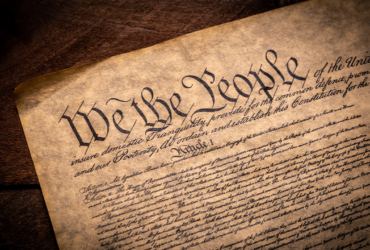Confession of a criminal suspect must be both knowing and voluntary
A criminal confession is the knowing and voluntary admission of guilt made by the criminal suspect to law enforcement. The confession can be in the form of a written document, taped verbal recording, or video recording.
The confession cannot be forced and must be made knowingly. It cannot be the product of a coerced and threatening police interrogation. The purpose of requiring the suspect to receive their Miranda warnings before a confession is taken is to avoid the potential of a coerced confession while in police custody.






